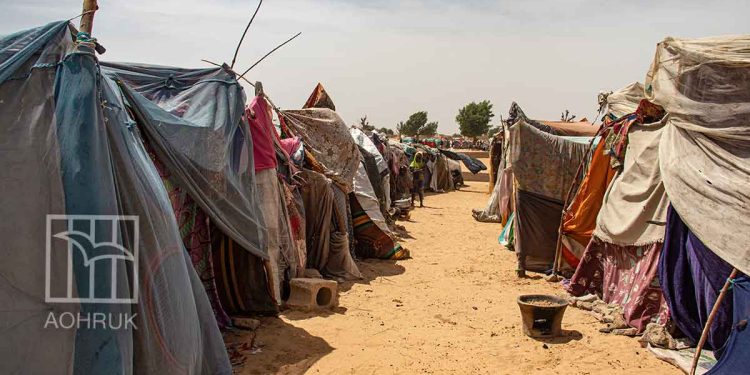A senior UN official has warned that Sudan is facing one of the largest contemporary humanitarian disasters, with around 30 million people in urgent need of assistance amid a devastating war that has turned the capital, Khartoum, into a “ghost city” and driven millions of civilians into hunger, displacement, and deprivation of life’s most basic necessities.
Edem Wosornu, Director of Operations and Advocacy at the United Nations Office for the Coordination of Humanitarian Affairs (OCHA), described her recent observations in Khartoum as shocking and unprecedented, affirming that the once vibrant city has been completely destroyed after more than a year of fighting between the army and the Rapid Support Forces.
The humanitarian situation is deteriorating further in conflict zones, particularly in El Fasher, the capital of North Darfur State, which has been under a crippling siege for a year. In the nearby Zamzam camp, tens of thousands of displaced people, including children and women, face the threat of famine and the spread of disease, with scarce access to safe drinking water and no healthcare.
The situation in Sudan represents a grave violation of civilians’ right to life and dignity, in breach of the obligations of the warring parties under international humanitarian law, which requires the protection of civilians and the unimpeded delivery of aid. The continued siege of cities, obstruction of relief efforts, and targeting of infrastructure are all practices that may amount to war crimes if proven to be deliberate or systematic.
The worsening displacement crisis, which has affected around 15 million people, threatens the social fabric and places hundreds of thousands at direct risk of human trafficking, sexual violence, and loss of legal identity. These dangers further exacerbate the suffering of the most vulnerable, including women, children, and persons with disabilities.
Local and international calls to end the fighting or agree to a humanitarian ceasefire continue to clash with the reality on the ground, where attacks are escalating and no effective guarantees exist for the protection of civilians. Enabling humanitarian operations and ensuring the safety of aid workers, along with securing adequate funding, remain critical to preventing the complete collapse of what is left of basic services.
Sudan’s tragedy today is not measured solely by the number of dead and wounded, but by the scale of the systematic destruction inflicted on civil society, leaving consequences that may last for generations, placing the international community under an urgent moral and legal obligation to act decisively, not merely issue warnings.


























